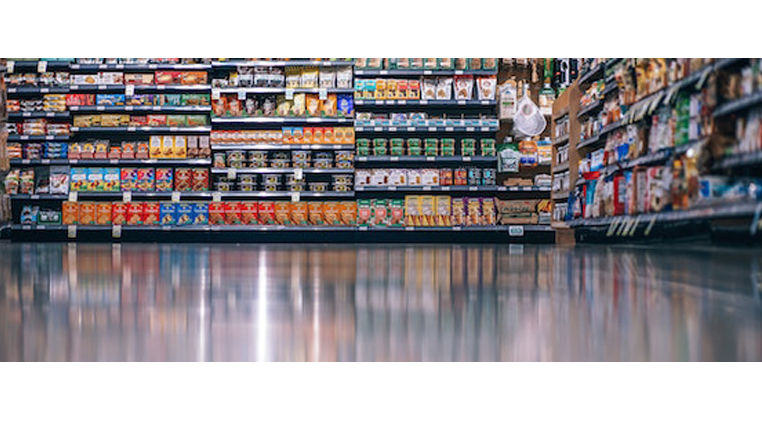The U.S. Food and Drug Administration is planning to make retailer information available in the case of some food recalls. In situations when food may not be clearly identified as part of a recall and people or animals have a high risk of illness, the FDA says that providing specific retailer information will help consumers more easily avoid products that have been recalled.
Previously, store-level details have not been disclosed in most recall cases of recalls because supply chain information is considered confidential.
“Identifying retail locations can be complex. It can involve obtaining information from multiple parts of the supply chain, including the recalling company and intermediate distributors,” FDA Commissioner Scott Gottlieb, M.D. said in a statement. “But we also know this information can be very important to consumers. Knowing where a recalled product was sold during the most dangerous food recalls can be the difference between a consumer going to the hospital or not.”
Under Commissioner Gottlieb, the FDA has made changes in food safety, labeling and regulatory measures that seem to be leading to greater transparency in the supply chain, from grower and manufacturer, to retailer.
Food Safety: Past, Present and Future
In the past, food manufacturers have done the heavy lifting during food recalls, sharing information on products, packaging, manufacturing plant and lot numbers of affected products. Grocery retailers had a role to play, too, removing products from the shelves as quickly as possible and blocking the product’s UPC code so it won’t scan at the register. And in this digital age, loyalty card data is used to identify consumers who bought recalled items and can even notify them on their next sales receipt.
But there are products that are sold for days before contamination is reported, and others have no standard or factory-level packaging. Bulk items, produce, and store-made goods fit into this category. In the summer of 2018, the FDA released detailed retail distribution information by state during a recall of pre-cut melon associated with an outbreak of Salmonella infections so consumers could better identify where the recalled food may have been purchased.
From manufacturer to retailer, food safety will remain of vital importance to everyone in the food industry. With rigorous food safety practices and technology like high pressure processing and blockchain tracking, let’s hope foodborne illnesses become a thing of the past.

